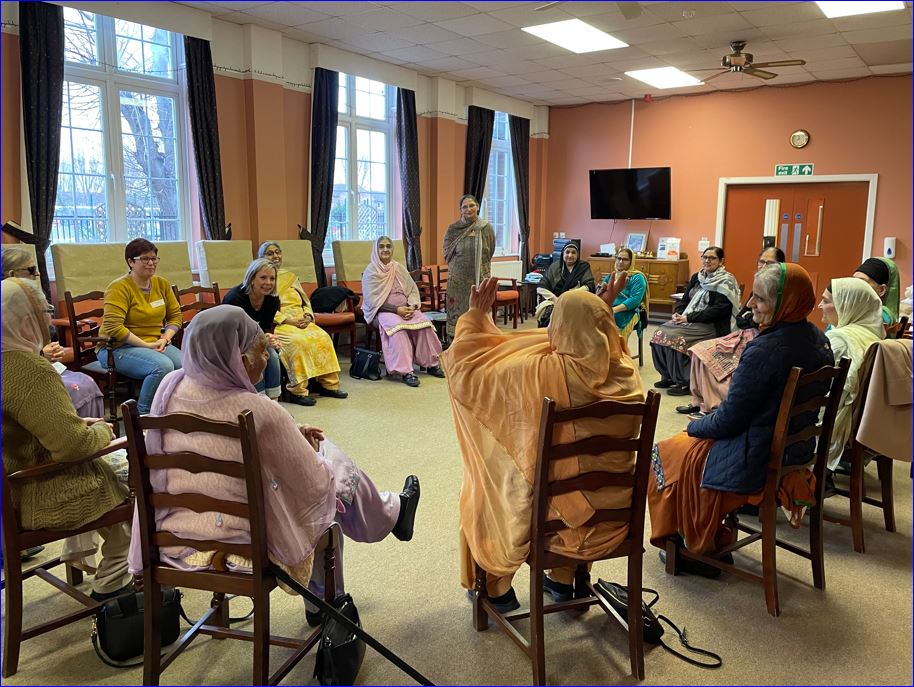CHSS is a centre of research excellence which undertakes high quality research into a wide range of health and social care systems and health and care services issues at local, national and international levels.

CHSS is a growing and vibrant research centre committed to high quality applied health and social care research.
Prioritising a creative, inclusive research culture, we build the evidence base for policy and practice to prevent ill-health, promote well-being and meet needs for care, focusing on primary and community services, public health and social care working with academic collaborators across the UK and the world.
As well as providing health and social policy insights for national decision-makers, we work with local government and health services across Kent, Surrey and Sussex to build research capacity and culture and address the key health and social care research needs across our region.




